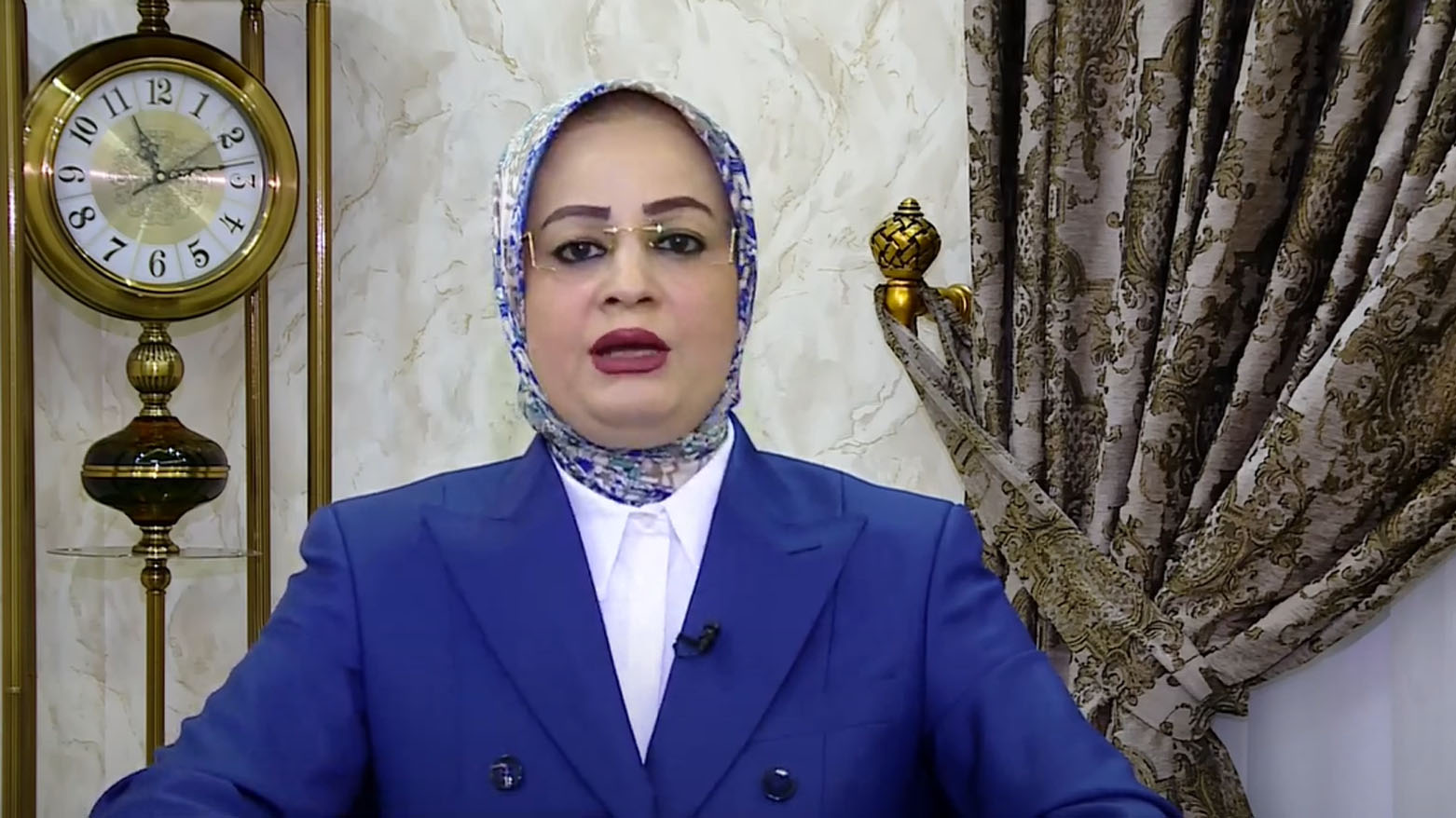Kurdistan Advances Minority Rights, Sets Example in Inclusion, Qahwachi Says
"Unfortunately, successive Iraqi federal governments have failed to safeguard Turkmen rights at the national level adequately," She told Kurdistan24.

ERBIL (Kurdistan24) — Mona Qahwachi, Deputy Leader of the Turkmen Reform Party, on Sunday called for an expedited resumption of the Kurdistan Parliament’s sessions, stressing that once political agreements are reached among parties, the parliamentary presidency must be elected without delay.
Speaking to Kurdistan24, Qahwachi welcomed the international recognition of the Kurdistan Region’s inclusive policies, particularly highlighting that—for the first time—minority components were granted the post of parliamentary secretary, a development that was met with broad approval within the Turkmen community.
“This step has brought satisfaction and reassurance to Turkmen representatives,” she said, adding that "unfortunately, successive Iraqi federal governments have failed to adequately safeguard Turkmen rights at the national level."
Qahwachi emphasized that Turkmens are not “guests” in the Kurdistan Region but rightful stakeholders, insisting that their participation in the new Kurdistan Regional Government (KRG) cabinet must be meaningful. She revealed that her party had formally requested President Masoud Barzani to ensure Turkmens receive a fair share of executive authority.
Her remarks came as senior delegations from the Kurdistan Democratic Party (KDP) and the Patriotic Union of Kurdistan (PUK) held talks in Erbil on Aug. 14, issuing a joint statement that Parliament should resume its work no later than September. The first session of the parliament was held on Jan. 2, 2024, but political deadlock has since stalled parliamentary proceedings.
The Kurdistan Region has long been recognized for its commitment to protecting minority rights, granting political, cultural, and religious freedoms to communities such as Turkmens, Assyrians, Chaldeans, Armenians, and Yazidis. Minority groups are guaranteed representation in the Kurdistan Parliament through a quota system, which reserves seats for their voices in the legislative process.
Beyond parliamentary representation, members of minority communities have also held senior roles in the Kurdistan Regional Government, including ministerial posts, deputy ministerial positions, and advisory roles within key state institutions. This framework ensures that minorities are not only symbolically represented but also actively involved in shaping policy and governance.
International observers and rights organizations have often noted that the Kurdistan Region’s inclusive approach stands in sharp contrast to other parts of Iraq, where minority communities continue to face marginalization, political exclusion, and even displacement. The Region’s policies have therefore become a model of coexistence and political participation in a turbulent Middle East.